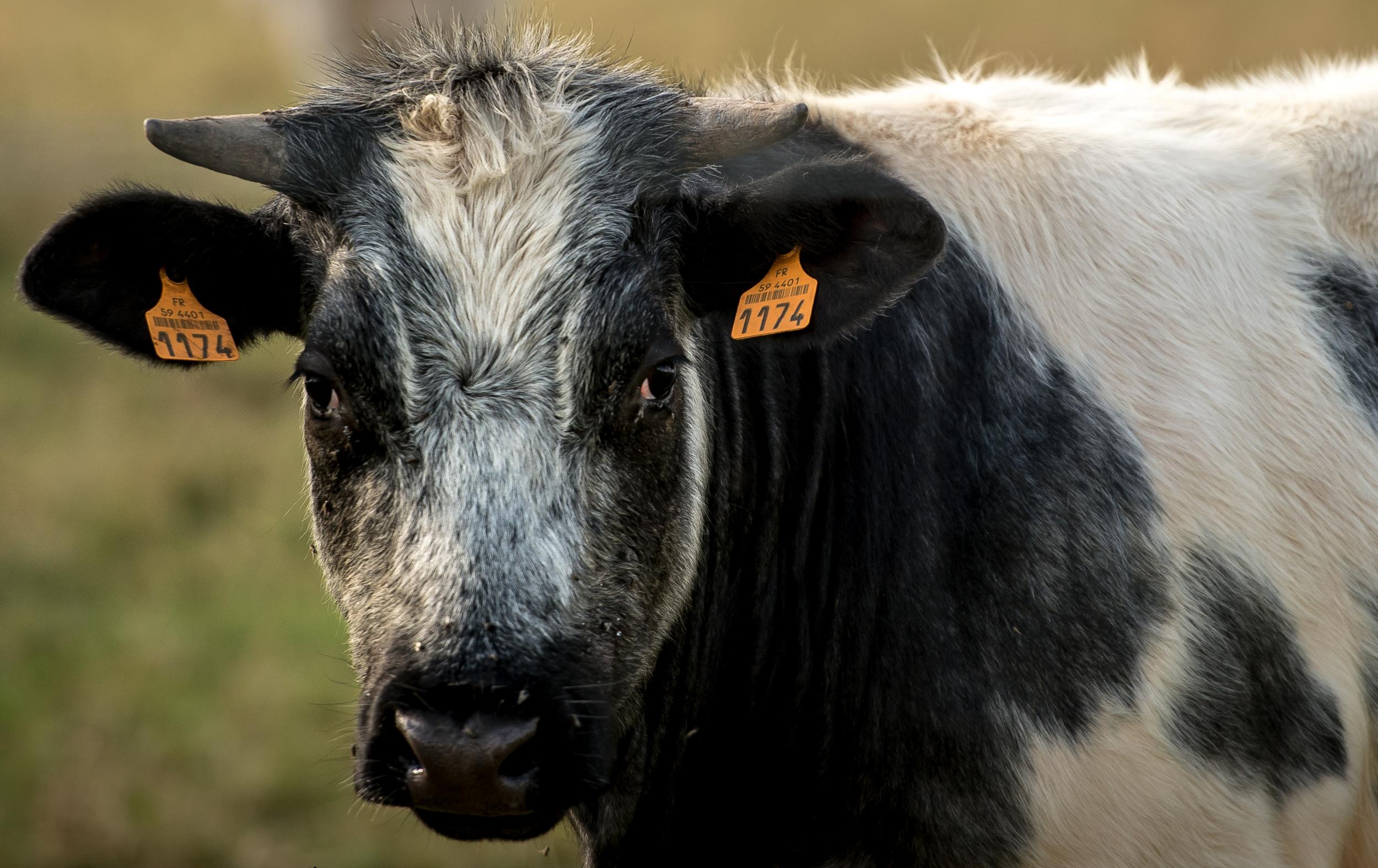Michael Gove promises Government will recognise 'animal sentience' in British law after Brexit
Environment Secretary insists 'any necessary changes required to UK law are made in a rigorous and comprehensive way'

Your support helps us to tell the story
From reproductive rights to climate change to Big Tech, The Independent is on the ground when the story is developing. Whether it's investigating the financials of Elon Musk's pro-Trump PAC or producing our latest documentary, 'The A Word', which shines a light on the American women fighting for reproductive rights, we know how important it is to parse out the facts from the messaging.
At such a critical moment in US history, we need reporters on the ground. Your donation allows us to keep sending journalists to speak to both sides of the story.
The Independent is trusted by Americans across the entire political spectrum. And unlike many other quality news outlets, we choose not to lock Americans out of our reporting and analysis with paywalls. We believe quality journalism should be available to everyone, paid for by those who can afford it.
Your support makes all the difference.Michael Gove has promised the UK will continue to recognise the sentience of animals after Brexit and committed the Government to strengthening protections.
The Environment Secretary denied a vote that took place in the Commons last week represented a weakening in protections for animals, pointing to new laws already being introduced.
Mr Gove issued a statement after an outcry from animal rights groups and campaigners following the vote, which saw MPs reject bringing an EU regulation guaranteeing animal sentience into British law after Brexit.
The minister said in a written statement on Thursday that changes the Government will make to UK law after EU withdrawal will include recognition of animal sentience.
He said: “This Government will ensure that any necessary changes required to UK law are made in a rigorous and comprehensive way to ensure animal sentience is recognised after we leave the EU.
“The [EU withdrawal Bill, voted on last week] is not the right place to address this, however we are considering the right legislative vehicle.”
The minister argued that the EU regulation in question, Article 13 of the Lisbon Treaty, was flawed and that the Government could better protect animals without it, in British-based legislation.
He added: “It has been suggested that the vote last week on [the EU Withdrawal Bill] somehow signalled a weakening in the protection of animals – that is wrong.
“Voting against the amendment was not a vote against the idea that animals are sentient and feel pain.”
The minister also said the Government was proposing new primary legislation to increase maximum sentences for animal cruelty from six months to five years, creating a new independent body to uphold standards, and recently made CCTV mandatory in all slaughterhouses.
During the debate ahead of the vote last week, Green MP Caroline Lucas pointed out that it had been the British Government that pushed the EU to include a guarantee of animal sentience in its regulation.
Government ministers argued that animals did already enjoy a protected status under the Animal Welfare Act 2006, and so animal rights would not be substantially weakened by a failure to bring Article 13 into British law.
But critics, including the RSPCA, pointed out that the 2006 legislation does not explicitly recognise the term “animal sentience”, although it does acknowledge that animals can experience suffering and pain.
RSPCA head of public affairs David Bowles said: “In the EU, we know that the recognition of animals as sentient beings has been effective in improving animal welfare across the region.
“If the UK is to achieve the Environment Secretary’s objective of achieving the highest possible animal welfare post-Brexit, it must do the same.”
Concerns over whether animal rights will be as strong after Brexit mirror those over whether workers’ rights and environmental protections will also be weakened.
Ministers have also promised to strengthen these in separate legislation in the future.
Join our commenting forum
Join thought-provoking conversations, follow other Independent readers and see their replies
0Comments